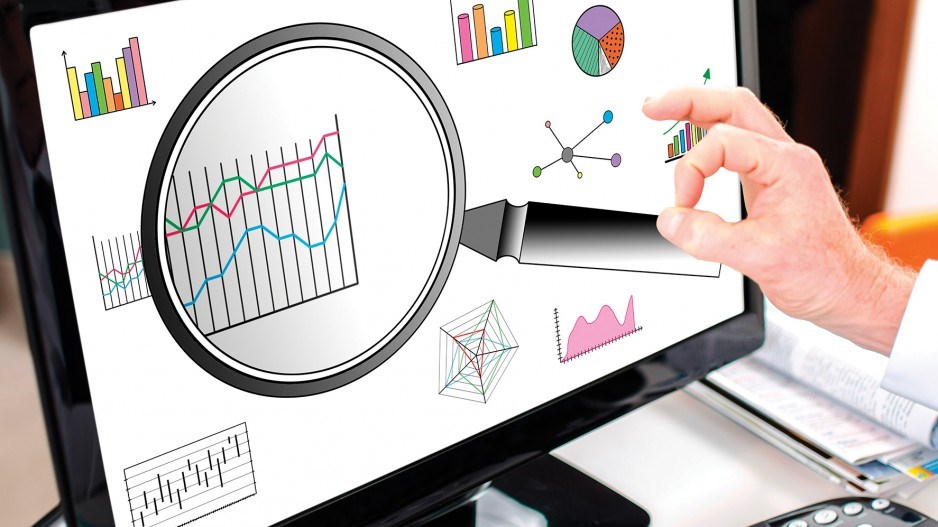Whether we want to admit it or not, we live in an age where data trumps experience.
According to MIT Sloan Management Review, it is estimated that by 2018, there will be 1.5 million jobs for business analysts in the United States.
Additionally, a recent Globe and Mail survey found that 96% of North American and British companies said analytics will be more important to their organization in the next three years.
The need for professionals who can understand and translate large volumes of business data is at an all-time high.
The University of British Columbia (UBC) has developed a new program to help graduates tap into this growing market in the new age of data science.
“By tradition, our focus was more narrow; now it is becoming more broad,” said Harish Krishnan, head of the graduate business analytics program at UBC’s Sauder School of Business. “Before, it might be more focused on operational problems like capacity planning, process improvement or patient flow through a hospital.”
“The new program recognizes that while these things are important, there are other areas within various business disciplines that have a strong demand for analytical talent,” Krishnan said.
Krishnan has taught business analytics at UBC for a number of years and has witnessed the significant shift in the skill requirements of data scientists.
The master of business analytics program aims to refocus graduates in an area where their mathematical and practical skills in data analytics can be applied in all areas of business operations.
“[In] marketing, for example, organizations need to know what customers are saying about them on social media, so they need to analyze text,” said Krishnan, indicating another way analytics have changed.
Many companies are already beginning to scout out the type of talent needed to fill the gap. Aircraft manufacturing company Boeing (NSYE:BA) is getting a head start by recruiting students of the UBC program straight from university.
“To connect the technical and non-technical groups together to solve the right problems, that’s where the biggest impact of these people is,” said Dawen Nozdryn-Plotnicki, Boeing’s director of advanced analytics. “It is the people who can walk both sides, understand the technical side and the math side, understand also the business side and be able to find the bridge, to be the bridge.”
Boeing has a facility in Richmond that employs nearly 200 software engineers and data scientists through its subsidiary, AeroInfo.
In 2016, Boeing opened its data analytics laboratory, Boeing Vancouver Labs, in Vancouver’s Yaletown district. Located at 1146 Homer Street, the lab’s primary aim is to increase efficiencies and find ways to drive costs down.
“The whole foundation of what Vancouver Labs is built upon is people like the ones who take [the UBC] program – the type of people that can not only do math but apply it to a business to solve the right business problems,” Nozdryn-Plotnicki said.
Growth in the demand for analytics professionals shows no sign of slowing down, said Jian Pei, computing science professor at Simon Fraser University.
“In the past three to five years, there has been a huge surge in the demand and in the enrolment of business intelligence, data analytics and data science,” Pei said.
He attributes this to the rising primacy of data over experience.
“The importance of data in business has increased dramatically in the last 10 years,” said Pei. “In the past, people did business according to their experience. Now, every company relies on its data, and in order to digest data, information technology or business intelligence is needed.”




